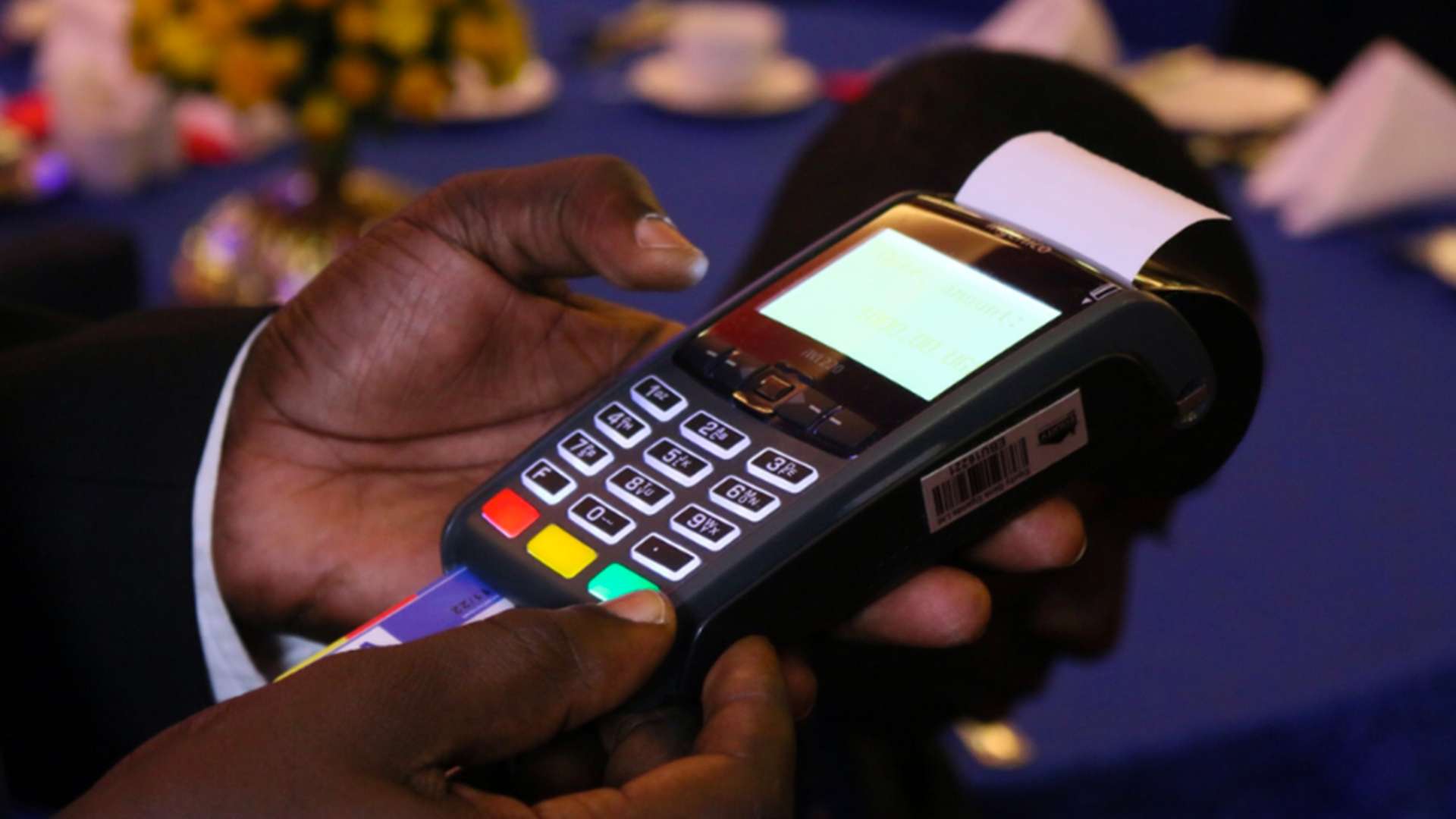Smartphone penetration, global funding and viability of the business model have aided fintech growth in Africa.
It is no longer news how fintech has dominated the African tech space and how impactful the sector has been as technology has helped reduce banking activities and costs for businesses and individuals. Gone are the days when there were debates about whether fintech would challenge traditional African banks. We have seen several companies in the fintech sector providing real value and being successful.
As it is with budding industries like the tech sector in Africa, the measure of success is usually with the attention of global players. Since 2019, the fintech industry has gotten more funding from international investors and more exits. Fintech has gotten more funding than any other sector in the African tech ecosystem since 2019. According to the media outlet Disrupt Africa, database WeeTeacker and Africa–focused fund Partech, fintech has been the most funded startup sector across Africa in 2019.
It has remained the same since then. After a brief dip during the COVID-19 pandemic of 2020, the deals came back with several foreign investors. It didn’t hit the $2B mark of 2019 per Partech, but there were some significant investments. Also, in 2020, there were a couple of acquisitions. Global cross-border payments company WorldRemit acquired an African-focused remittance app, while an American fintech company also acquired a Nigerian fintech company.
2021 was a record year for fintech investment in Africa, according to global advisory firm KPMG and the momentum is likely to increase this year.
So why has the fintech sector proliferated in Africa;
1. Smartphone penetration
The spread of smartphones has made everyone have access to high technology on a high level. GSMA reported that 495b million people subscribed to mobile services in Sub-Saharan Africa alone. The World Bank and African Development Bank in 2013 said that in some African countries, more people have access to a mobile phone than clean water, a bank account or electricity.
This has been one of the key drivers of fintech growth in Africa. Smartphones have become cheap and accessible, allowing users to access mobile apps and tools.
Payments and transfers remain essential services via mobile transactions, with foreign remittance also a part of this. Lending has also been a growth area, with low credit penetration in Africa.
2. Global funding
As aforementioned in this article, the fintech sector in Africa has enjoyed success with foreign investments. Nigerian fintech companies have enjoyed funding from US-based VC firms. At the same time, large corporations have also invested (Visa and Fidelity taking up shares in South African lending giant Jumo is an example).
Asian investors have also been paying attention; Nigeria’s Opay raised $400m, mostly from Asian investors.
This vast funding has been a critical reason for Fintech’s growth in Africa. With some of these fundings, fintech companies have scaled their operations across the continent.
3. Viability of the business model
Fintech companies in Africa have been impactful because they solve real-life challenges. In payments, lending, and remittance, these companies use technology to give more Africans access to different financial services.
Fincra is one of those companies. With our reliable offline and online payments infrastructure, fintechs, platforms, and global businesses can easily process local and international payments. We offer payment solutions that help businesses that operate across Africa to accept and send local and international payments across the United Kingdom, Europe and Africa. Fincra has also launched an agency banking business through its platform, encouraging financial inclusion and building excellent applications through our easy to integrate payment APIs.
You can try out our products by signing up for a demo here: https://sandbox.fincra.com/auth/signup




